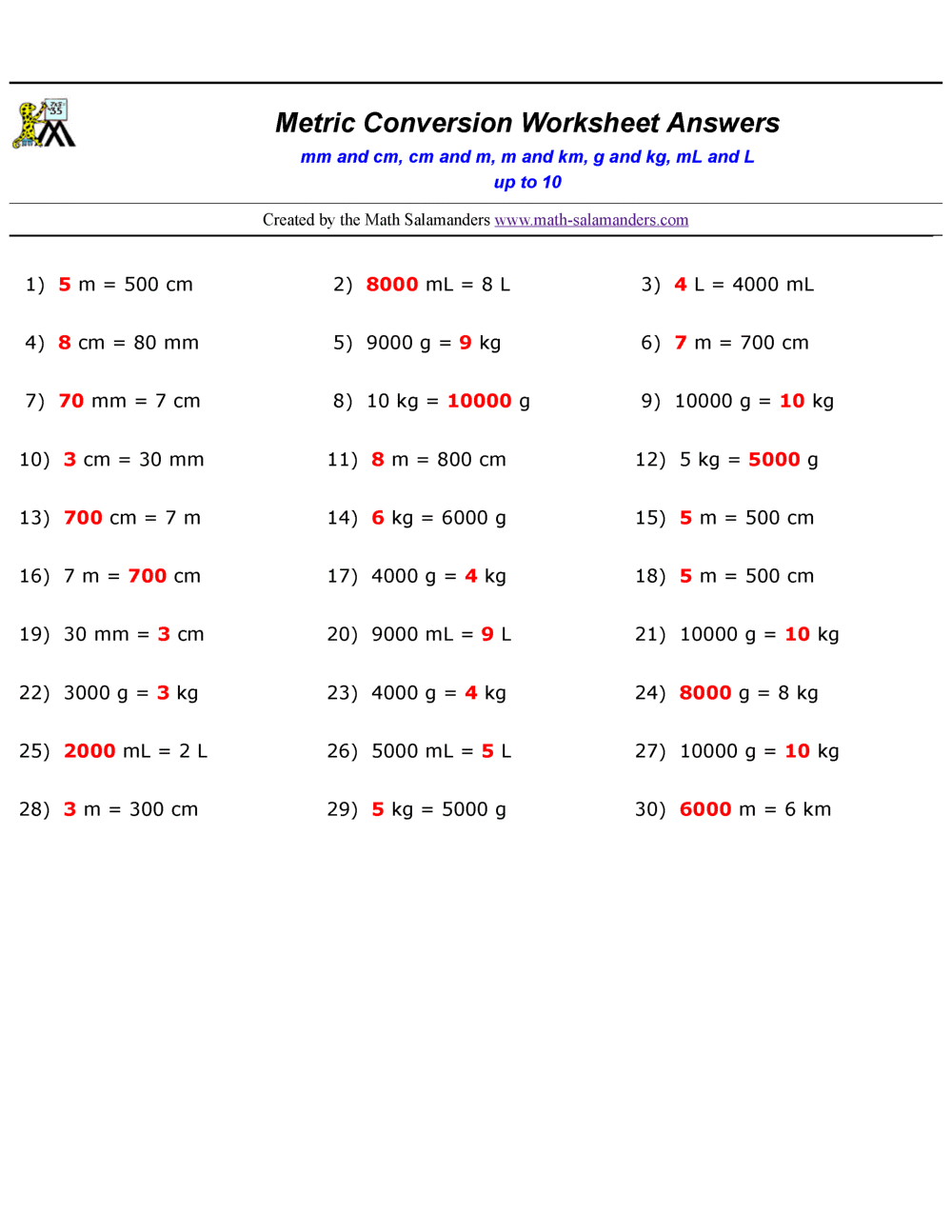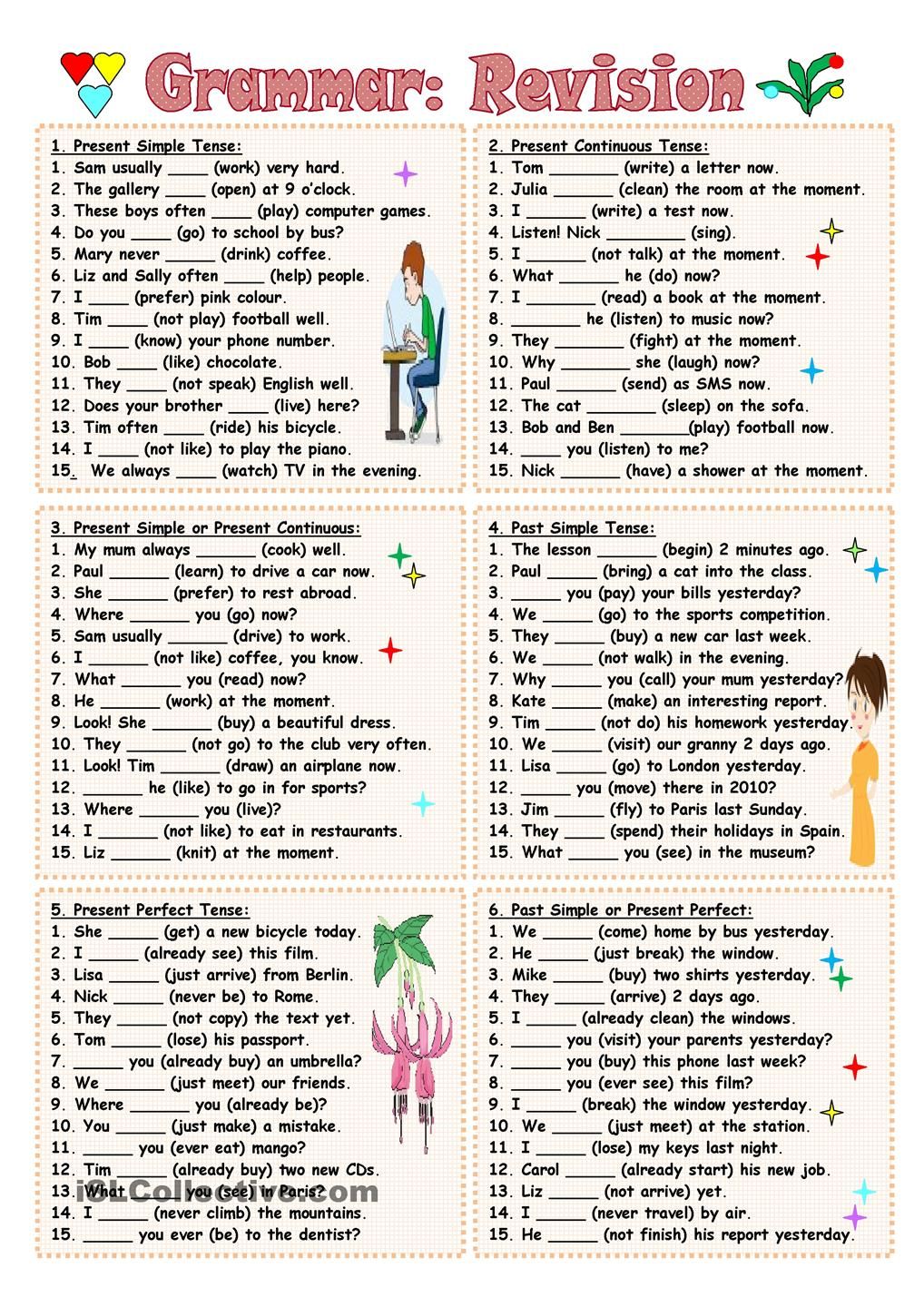Bill of Rights 1791 Worksheet Answer Key

Understanding the Bill of Rights
The Bill of Rights, which comprises the first ten amendments to the United States Constitution, was ratified on December 15, 1791. These amendments were designed to provide specific protections for individual liberties and limit the power of the federal government. Understanding the Bill of Rights is crucial for appreciating the foundational principles of American democracy.
The First Amendment
The First Amendment protects several fundamental rights, including freedom of religion, freedom of speech, freedom of the press, the right to assemble, and the right to petition the government.
- Freedom of Religion: The government cannot impose a national religion or favor one religion over another.
- Freedom of Speech: Individuals have the right to express their thoughts and opinions without fear of government reprisal.
- Freedom of the Press: The government cannot censor the press or limit the dissemination of information.
- Right to Assemble: Individuals have the right to peacefully assemble and express their views.
- Right to Petition: Individuals have the right to petition the government for redress of grievances.
The Second Amendment
The Second Amendment protects the right to bear arms.
- Right to Bear Arms: Individuals have the right to possess and carry firearms for self-defense and other lawful purposes.
The Third Amendment
The Third Amendment prohibits the government from quartering soldiers in private homes during peacetime without the owner’s consent.
- Protection from Quartering: The government cannot force individuals to provide housing for soldiers in their private homes.
The Fourth Amendment
The Fourth Amendment protects individuals from unreasonable searches and seizures.
- Protection from Unreasonable Searches: The government must obtain a warrant based on probable cause before conducting a search.
- Protection from Unreasonable Seizures: The government must have a legitimate reason for seizing an individual’s property.
The Fifth Amendment
The Fifth Amendment provides several protections, including the right to a grand jury, protection against double jeopardy, and the right against self-incrimination.
- Right to a Grand Jury: Individuals have the right to have their case reviewed by a grand jury before being charged with a crime.
- Protection against Double Jeopardy: The government cannot try an individual twice for the same crime.
- Right against Self-Incrimination: Individuals have the right to remain silent and cannot be forced to testify against themselves.
The Sixth Amendment
The Sixth Amendment provides several protections for individuals accused of crimes, including the right to a speedy trial, the right to a fair trial, and the right to an attorney.
- Right to a Speedy Trial: Individuals have the right to a trial without undue delay.
- Right to a Fair Trial: Individuals have the right to a trial by an impartial jury.
- Right to an Attorney: Individuals have the right to be represented by an attorney.
The Seventh Amendment
The Seventh Amendment provides the right to a trial by jury in civil cases.
- Right to a Jury Trial: Individuals have the right to a trial by jury in civil cases where the value in controversy exceeds twenty dollars.
The Eighth Amendment
The Eighth Amendment prohibits excessive fines and cruel and unusual punishment.
- Protection from Excessive Fines: The government cannot impose excessive fines as punishment.
- Protection from Cruel and Unusual Punishment: The government cannot impose punishments that are inhumane or disproportionate to the crime.
The Ninth Amendment
The Ninth Amendment states that the enumeration of certain rights in the Constitution does not deny or disparage others retained by the people.
- Protection of Unenumerated Rights: Individuals have rights that are not specifically listed in the Constitution.
The Tenth Amendment
The Tenth Amendment states that any powers not delegated to the federal government are reserved to the states or the people.
- Protection of State and Individual Rights: The federal government cannot exercise powers that are not specifically granted to it by the Constitution.
Notes
📝 Note: The Bill of Rights is a cornerstone of American democracy, providing essential protections for individual liberties and limiting the power of the federal government.
The Bill of Rights has played a crucial role in shaping American history and continues to influence contemporary debates about individual rights and government power. Understanding the Bill of Rights is essential for appreciating the fundamental principles of American democracy.
FAQs
What is the main purpose of the Bill of Rights?
+The main purpose of the Bill of Rights is to provide specific protections for individual liberties and limit the power of the federal government.
What are some of the key rights protected by the Bill of Rights?
+Some of the key rights protected by the Bill of Rights include freedom of speech, freedom of the press, the right to bear arms, protection from unreasonable searches and seizures, and the right to a fair trial.
How does the Bill of Rights influence contemporary debates about individual rights and government power?
+The Bill of Rights continues to shape contemporary debates about individual rights and government power, with many arguing that it provides essential protections for individual liberties and limits the power of the federal government.
Related Terms:
- Bill of Rights Worksheet PDF
- Bill of Rights worksheet answers



